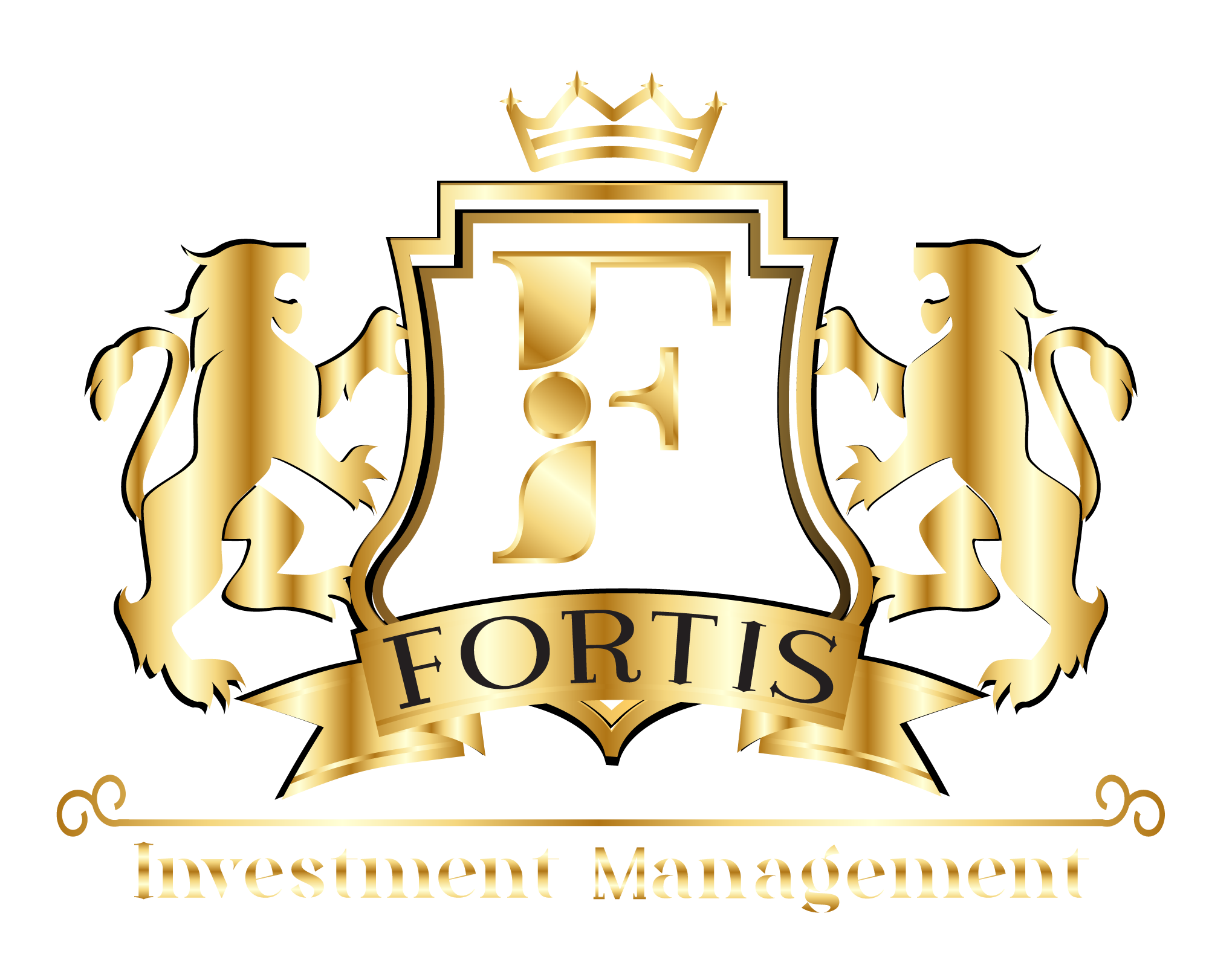Investing in Shares or Fixed-Interest Securities
People often approach investing without setting clear objectives or goals, believing that simply saving enough money is an adequate investment strategy for retirement. Unfortunately, this approach may leave you relying on luck instead of a successful strategy to get where you want to go long-term.A common question when investing for retirement is how to allocate investments, especially when considering the question of investing in shares or fixed interest securities. Which is safer? Which is riskier? Which offers a better chance of meeting your goals so you don’t run out of money in retirement?
It is useful to explore what investors mean when they use the words ‘risky’ and ‘safe’. For example, some investors may believe investing in shares is risky but investing in fixed interest securities is safe based solely on the amount of volatility of each.
However, investors may overlook the riskiness of lower overall portfolio growth that decreases the chance of meeting their long-term goals and cash-flow needs. Considering this aspect of relative safety and riskiness, depending on your goals, you may find that a larger portion of equities may be more appropriate for achieving your needs.
If you need growth to maintain your lifestyle in retirement, then too much of an emphasis on fixed interest in your portfolio could actually represent a riskier strategy. Lower overall growth may mean you have to scale back your lifestyle in order to avoid running out of money. In this situation it may be an option to invest more in equities in order to meet future financial needs

24 Years of Experience
Defining your retirement goals is an important step when considering your asset allocation. Different goals may require different investments or allocations in order to reach success.
Goals Should Guide Your Asset Allocation
In our experience, the most important determinant of investing success is asset allocation: the mixture of equity, fixed interest, cash and other asset classes in your portfolio.
Not every investor’s allocation should be the same—the choices you make should be consistent with your long-term retirement goals. Before seeking to address your portfolio asset allocation and deciding which types of investments are best suited for your situation, you first need to consider your goals. In our experience, many people’s investment goals fall into one of the following broad categories, or some combination thereof:
Time Horizon and Asset Allocation
We believe some financial professionals or firms may emphasize some factors—such as the investor’s age or self-reported risk tolerance—too heavily when determining investment time horizon and asset allocation. Approaches like these may not take full account of clients’ specific needs, goals and circumstances.
The truth is that there is not one correct answer or perfect general guideline as to how much to allocate to equities or fixed interest—the allocation appropriate for you depends on factors such as your personal investment goals and investment time horizon. Your investment time horizon, which we generally define as the amount of time you need your investments to last, can be your life expectancy, the life expectancy of your spouse, the life expectancy of dependants or how long you wish a legacy to last after your passing.
The longer your investment time horizon, the more likely it is that equities may be a better option for you, particularly if you need growth. When considering your investment time horizon, keep in mind that lifespans are generally increasing over time. You may live longer than you expect—medical and technological advances have revolutionised health and ageing. Are your investments appropriately allocated to provide enough income for the duration of your investment time horizon?

Inflation and Asset Allocation
As inflation rises, it reduces purchasing power over time—which is an important consideration investors should take this into account when looking at their investment allocation.
Investing in lower-yielding vehicles, such as fixed interest securities, or holding a significant portion of savings in cash may not be a strategy designed to provide sufficient growth for your retirement income. In fact, such conservative strategies may ultimately lead you to encounter one of the biggest risks of all—running out of money in your retirement. When it comes to investing, lower volatility does not necessarily reduce the risk of reduced overall portfolio growth.
Investing in shares may be the best way to achieve the growth needed over the longer term to provide income for retirement. Not only can this growth potentially help you overcome the effects of inflation, it may also help you successfully navigate other challenges you might encounter during your retirement—for example, a longer investment time horizon than you expect or unexpected cash flow demands.
Fixed interest securities are far from risk-free. They may fluctuate over time—they can and do lose value and they are also prone to the hazards of inflation. If there are periods of sustained inflation, interest rates may rise, which could cause a proportional fall in the price and value of your fixed interest securities.
Holding some or all of your retirement savings in cash also runs the risk of not providing enough growth to meet your long-term cash flow needs. Although cash may be a safe choice from the perspective of volatility, inflation may erode the purchasing power over time. If inflation continues, you will need significantly more money just to keep the same purchasing power.
If you invest early enough and have a long enough investment time horizon, then any requirement for growth means that exposure to equities may be an appropriate option.
Looking Forward
Generating Retirement Income and Cash Flows
When planning for income during retirement, you should consider how much you may spend during retirement—both planned expenses (living expenses, debts, taxes, etc.) and unplanned expenses (unexpected travel, family costs and more).
If you have already taken into account your investment time horizon, the effects of inflation, and the most appropriate asset allocation for your needs, you will still need to address how you generate income and cash flows during retirement.
You may have a variety of retirement or investment/savings accounts from which to expect income or generate cash flows. Assess the details of how these can help pay for your retirement.
Fixed interest payments, equity dividends and cash may be sources of income during retirement. However, a potentially overlooked option for cash flow is to sell equities, which provides a flexible option when considering retirement cash flows. Fortis Investment Management refers to selectively selling equities as ‘homegrown dividends’. There are numerous benefits of this flexibility: you can stay invested in a way that remains consistent with your long-term retirement goals yet selectively sell securities to receive cash from your portfolio when necessary. You may also have a more flexible tax approach to generating cash flows from your investments.*
Contact Fortis Investments Belgium Today
Ultimately, the question of whether it is better to invest in shares or to invest in fixed interest securities will depend on individual investors and their circumstances.
Fortis Investments Belgium works with investors to help them evaluate their investment portfolios while considering their investing choices and strategies so they can work towards achieving their long-term financial goals.
After providing initial investment strategy advice, Fortis Investments Belgium can connect investors with the portfolio management services of Globaly-based partner companies,with Fortis Investment Management. Contact us to speak with one of our professionals today to learn more.
*The contents of this document should not be construed as tax advice. Please contact your tax professional.
Investing in financial markets involves the risk of loss and there is no guarantee that all or any capital invested will be repaid. Past performance neither guarantees nor reliably indicates future performance. The value of investments and the income from them will fluctuate with world financial markets and international currency exchange rates.



